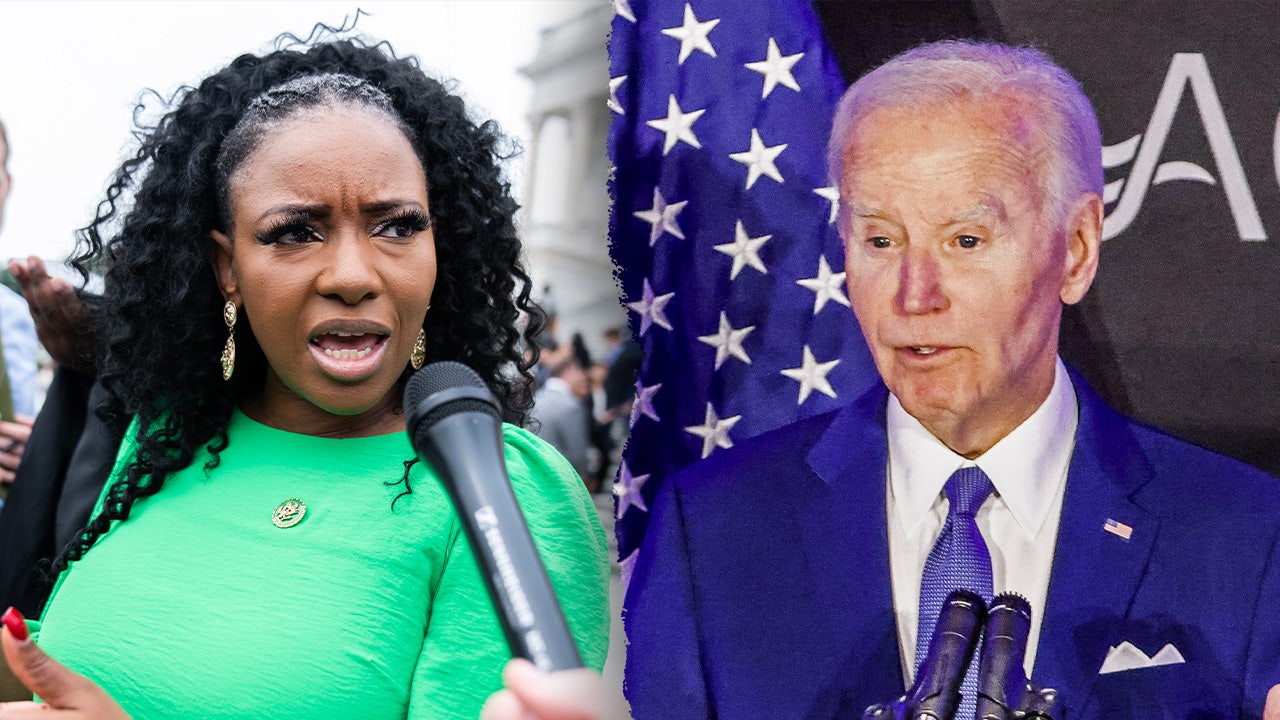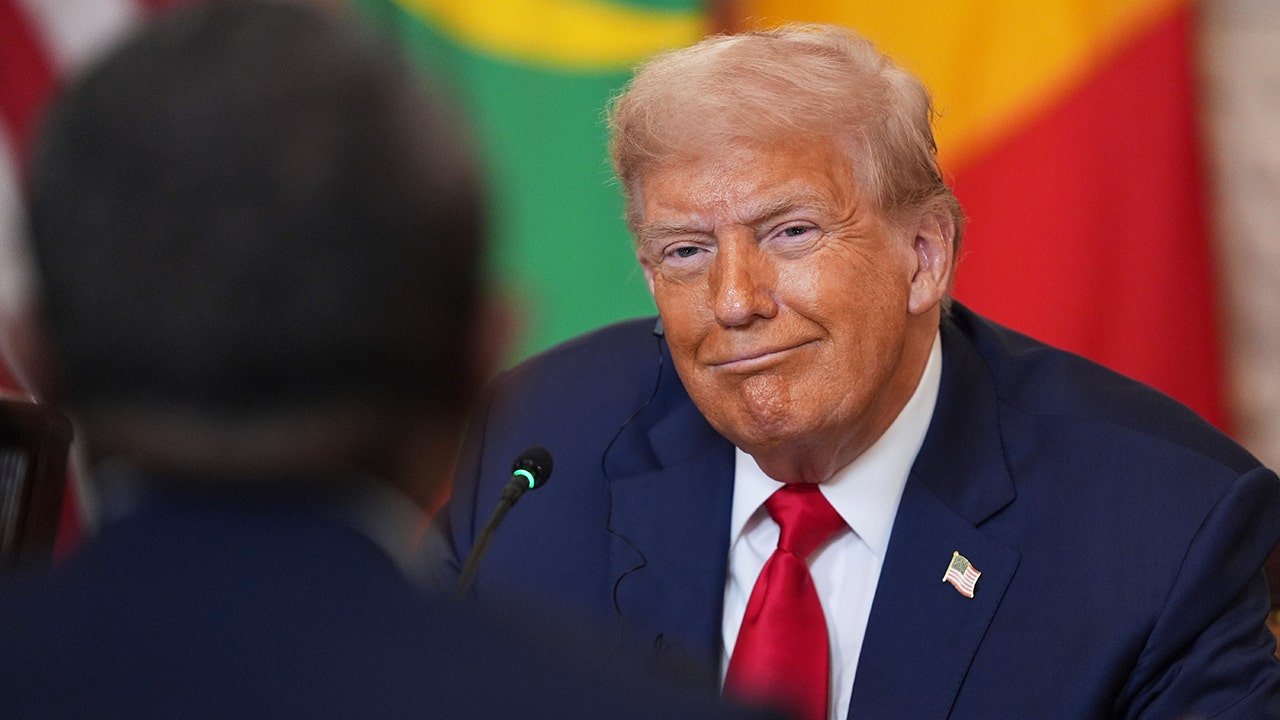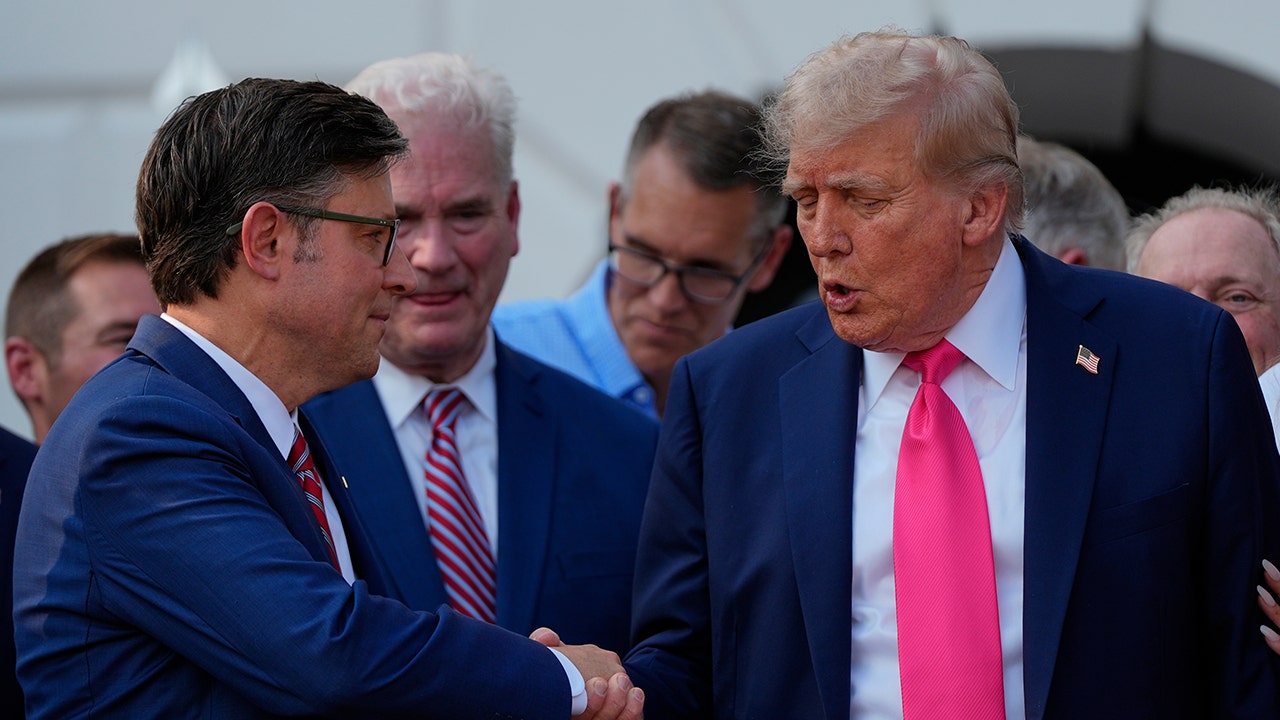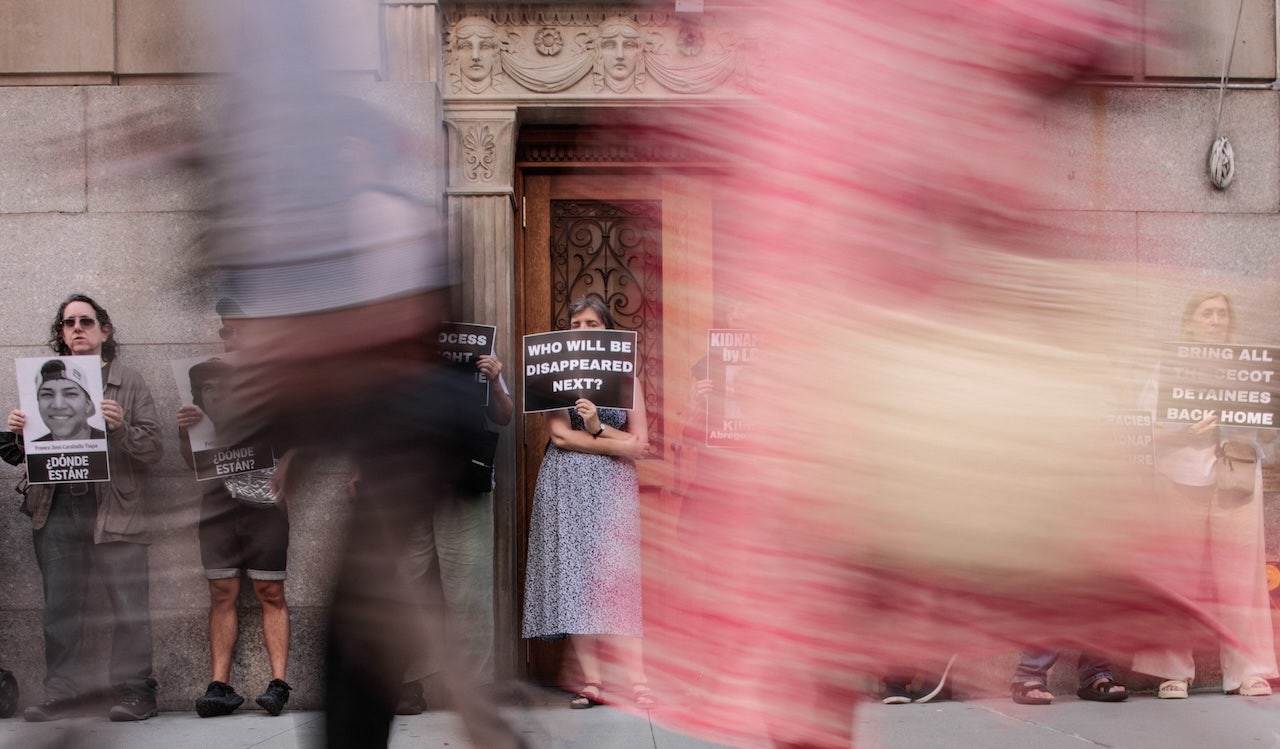Chinese student visa crackdown follows years of spying incidents
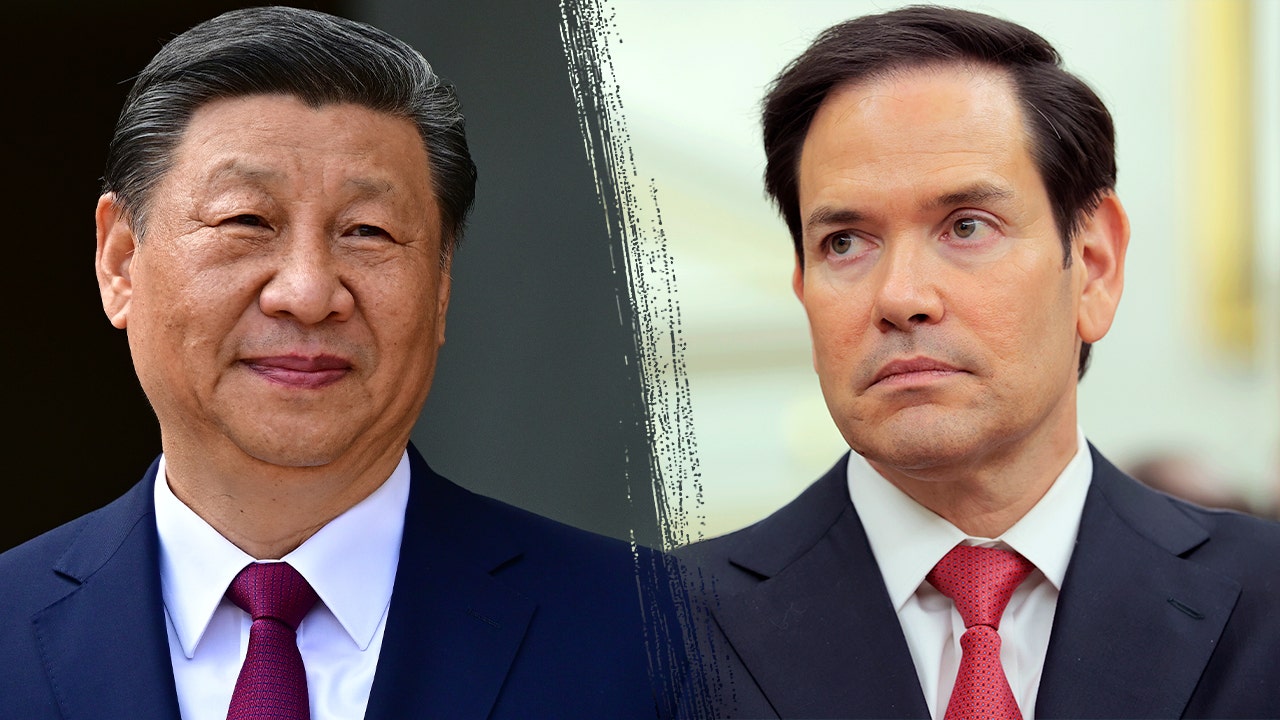
The Trump administration has recently ramped up its scrutiny of Chinese nationals studying at U.S. universities due to a series of incidents involving alleged surreptitious activities by students from China. These incidents have included accusations of espionage, conspiracy, and misleading federal officials, particularly in joint education programs between the United States and China.
In response to these concerns, Secretary of State Marco Rubio announced plans to aggressively revoke student visas of Chinese nationals, including those with ties to the Chinese Communist Party. The State Department and the Department of Homeland Security are working together to implement this new policy, which has sparked criticism from the Chinese Ministry of Foreign Affairs.
The Chinese government spokesperson criticized the move as unjustified and damaging to the reputation of the United States, arguing that it infringes on the lawful rights and interests of international students from China. With nearly 300,000 Chinese nationals holding student visas in the U.S., it remains unclear how extensively this new policy will be enforced.
Several recent incidents involving Chinese nationals at U.S. universities have raised concerns about potential security risks. For example, five University of Michigan students were charged with making false statements and destroying records after they were caught taking photos of military installations at Camp Grayling during a training operation involving Taiwanese military members.
Additionally, two Chinese graduate students from the University of Michigan pleaded guilty to illegally entering and photographing defense infrastructure at a naval air station in Key West, Florida. Another Chinese national, Fengyun Shi, was convicted of unlawfully using a drone to take photos of naval bases in Norfolk, Virginia, leading to his deportation back to China.
Notably, Harvard’s former chemistry department chair, Charles Lieber, was convicted of making false statements and failing to report income from his work with Chinese entities. In a separate case, Ji Chaoqun, a Chinese national and former student at the Illinois Institute of Technology, was sentenced to eight years in prison for attempting to commit espionage and theft of trade secrets.
Rubio’s announcement of visa revocations for Chinese students comes amidst a lawsuit filed by Harvard challenging the Trump administration’s ban on foreign nationals from the university. The administration cited concerns about antisemitism on campus and alleged ties to the Chinese Communist Party as reasons for the ban, prompting a temporary block by a judge pending further review.
ICE Acting Director Todd Lyons accused Harvard of coordinating with the Chinese Communist Party and engaging in questionable partnerships with foreign entities, leading to the revocation of its student visa certification. Harvard has been given one month to respond to these allegations as the case continues to unfold in the courts.
In conclusion, the Trump administration’s intensified scrutiny of Chinese nationals studying at U.S. universities reflects growing concerns about potential security threats and unauthorized activities by foreign students. As the government takes steps to address these risks, universities and students must navigate the complex landscape of international education while upholding standards of transparency and accountability.

